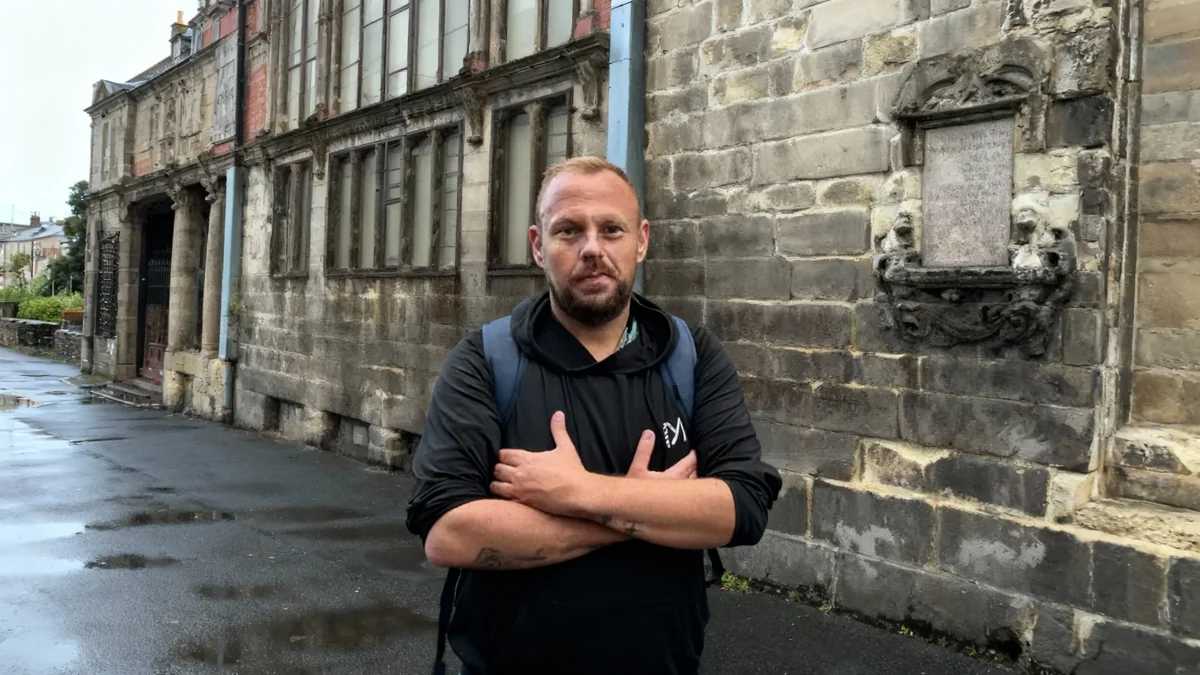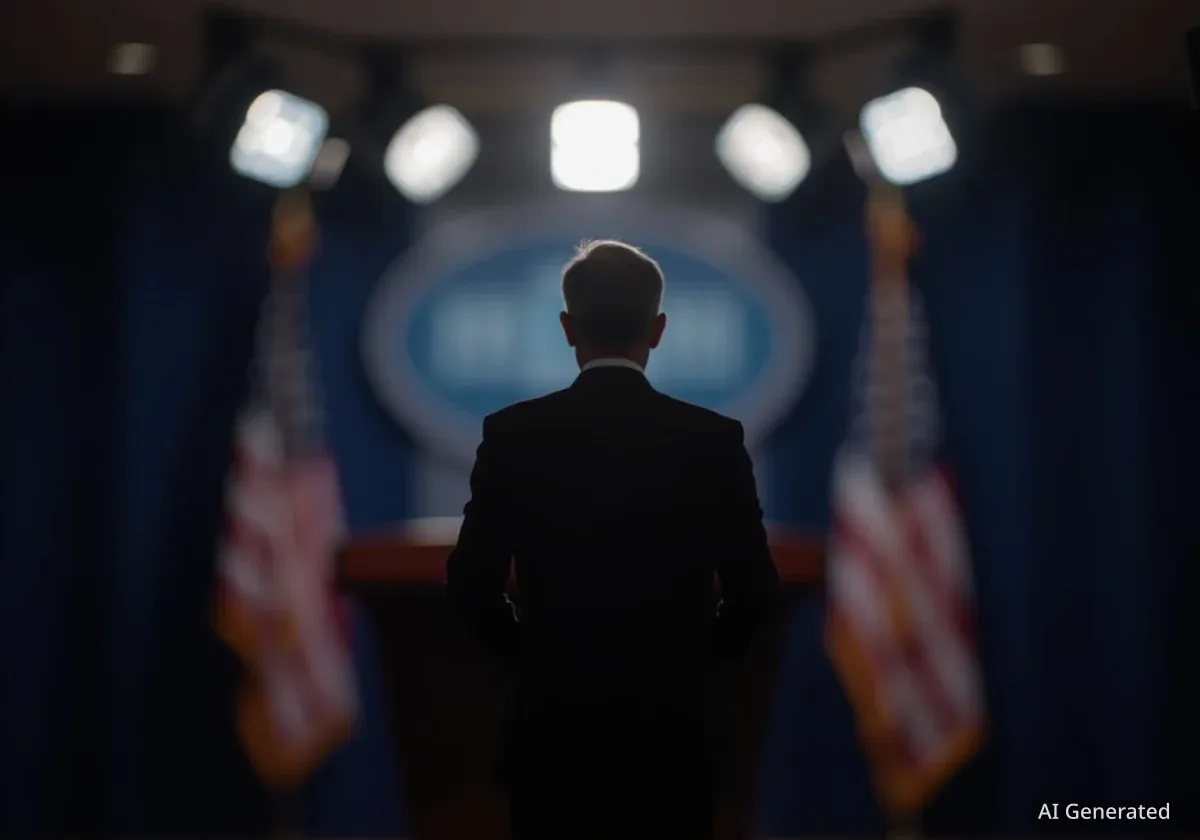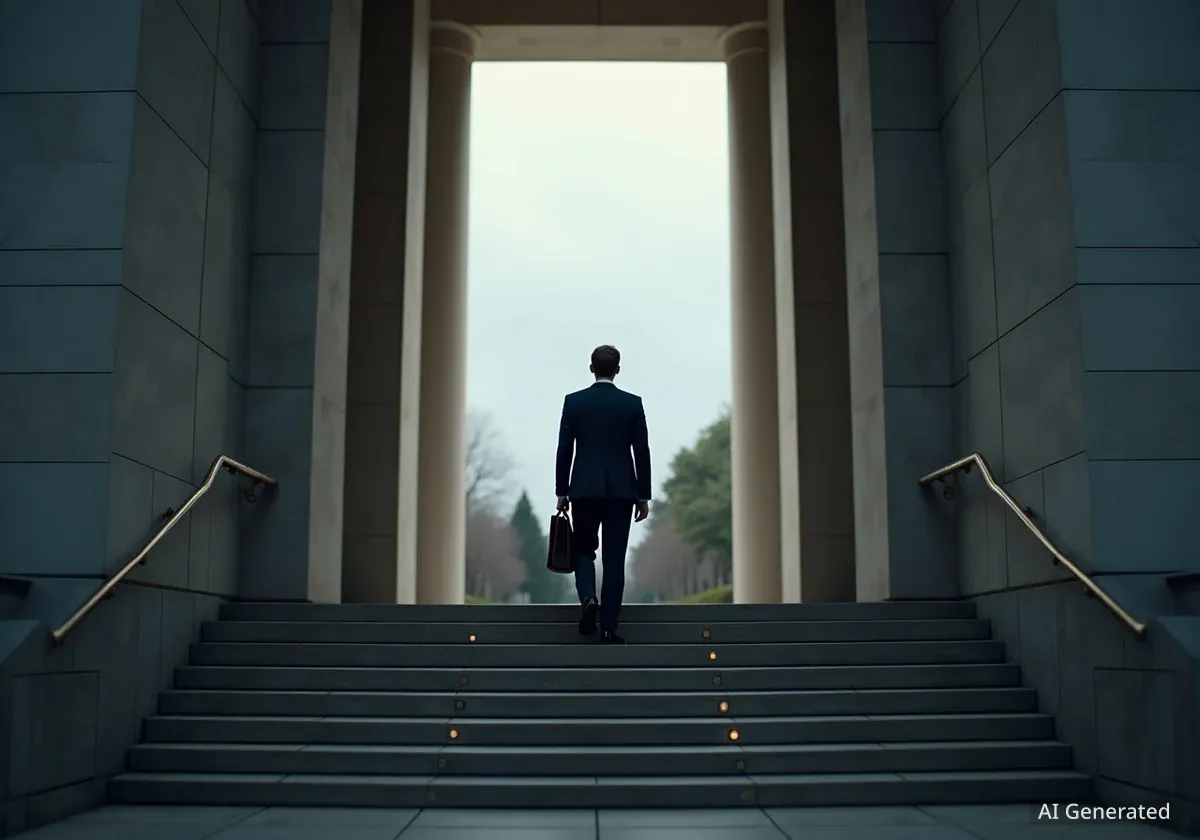The Labour Party's annual conference begins this weekend in Liverpool, with Prime Minister Keir Starmer facing significant pressure from within his own party to abolish the two-child benefit cap. A coalition of backbench MPs, including representatives from Merseyside, is urging the government to scrap the policy, arguing it is a primary cause of child poverty across the UK.
The event, held at the Arena and Convention Centre on the city's waterfront, will see key policy announcements and debates continue until Wednesday. While the government plans to outline proposals for new towns and a digital ID system, the debate over the benefit cap is set to be a central point of contention during the conference.
Key Takeaways
- The Labour Party conference is being held at Liverpool's Arena and Convention Centre.
- Prime Minister Keir Starmer faces calls from Labour MPs to abolish the two-child benefit cap.
- Liverpool MPs Kim Johnson and Ian Byrne are among those who have signed a letter opposing the policy.
- The government has stated its intention to reduce child poverty but has not committed to scrapping the cap.
- Other policy announcements on new towns and a digital ID system are expected during the conference.
Internal Pressure Mounts Over Benefit Policy
As delegates gather in Liverpool, a prominent issue for the Labour government is the ongoing debate surrounding the two-child benefit limit. The policy, introduced under a previous Conservative administration, prevents most families from claiming child-related benefits for more than two children.
Several Labour MPs have voiced strong opposition to the cap. In a letter sent to the Prime Minister, a group of backbenchers described the policy as one of the most significant drivers of child poverty in Britain today. Among the signatories were Liverpool Riverside MP Kim Johnson and Liverpool West Derby MP Ian Byrne, bringing local focus to the national campaign.
Their calls are echoed by other figures within the party. Former Shadow Chancellor John McDonnell and Poplar and Limehouse MP Apsana Begum recently had the Labour whip reinstated after rebelling against the government on a vote related to the cap last year.
Upon her return, Ms. Begum stated her firm position: “I want to be clear: I will continue to oppose the two-child limit at every opportunity.”
Wider Campaign for Policy Change
The campaign to end the benefit cap extends beyond parliament. A joint letter was sent to Sir Keir by several major education and public sector unions, including the National Education Union (NEU), NAHT, and Unison.
The unions' letter highlighted the direct impact of the policy on children, stating: “This poverty-producing policy is harming the lives of hundreds of thousands of children and young people in our classrooms, and we are calling on Government to put an end to this this autumn.”
Despite the pressure, the government's official stance remains cautious. While Sir Keir has expressed a clear commitment to tackling child poverty, he has not confirmed that scrapping the cap will be part of his strategy.
Starmer's Conference Agenda and Pledges
Ahead of the Liverpool conference, Prime Minister Keir Starmer has reaffirmed his government's commitment to reducing child poverty. In an interview with The Guardian, he outlined his intentions for the coming term.
“We’re going to bring down child poverty. That is the clear intent of this government,” Sir Keir said. “It’s my clear personal intent. I’m very proud that the last Labour government did so obviously, we’ve got a taskforce which will report, but we will be taking measures to bring down child poverty.”
What is the Two-Child Benefit Cap?
Introduced in 2017, the policy generally restricts Child Tax Credit and Universal Credit to the first two children in a family. There are some exceptions, such as for multiple births, but critics argue it unfairly penalises larger families and has pushed many into poverty. According to the Child Poverty Action Group, the policy was projected to affect 1.5 million children by 2023/24.
Beyond the benefit cap debate, the government is expected to use the conference to detail other key policies. Senior Labour figures are preparing to announce plans for a new wave of 'New Towns' to address housing shortages. Additionally, Chancellor Rachel Reeves has indicated a desire for the Office for Budget Responsibility (OBR) to formally assess a potential youth mobility scheme with the European Union.
Sir Keir also recently promoted a new digital ID system, which he described at a London summit as potentially “the bedrock of the modern state” that would enable significant public service reform.
Party Dynamics and Future Leadership
The conference also takes place amidst discussions about the party's direction and future leadership. Andy Burnham, the Mayor of Greater Manchester, has been prominent in the media, leading to speculation about his ambitions.
Mr. Burnham confirmed that he has been contacted by individuals about potentially running for the party leadership in the future. He has used recent interviews to promote his concept of “aspirational socialism,” which he describes as a business-friendly approach to policy.
In response to this, Sir Keir Starmer has called for unity and focus. “We cannot miss this opportunity to set out our stall and take the fight to Reform,” he told The Guardian, emphasizing that the conference should be about policy, not internal positioning. He added, “This is much bigger than that. This goes to the heart of who we are as a country.”
Labour Chairwoman Anna Turley acknowledged the party has had “a challenging couple of weeks.” Speaking to the PA news agency about Mr. Burnham's comments, she noted that many MPs are “frustrated” by the speculation and want the government to be a success and build towards a second term.
Conservative Stance on Benefit Cap
The Conservative opposition has made its position on the two-child benefit cap clear. Shadow Work and Pensions Secretary Helen Whately has vowed that a future Conservative government would reinstate the policy if Labour decides to scrap it.
“At a time when Labour’s choices are hitting people’s pockets across the country, it is only right that families receiving benefits face the same choices as those who are not dependent on welfare,” Ms. Whately stated.
She argued that the cap is a central principle of fairness and sustainability within the welfare system. “Let me be clear, if Labour were to scrap the cap, a future Conservative government would move swiftly to reinstate it,” she concluded, framing any potential change by Labour as a “short-term political gesture.” This statement ensures the policy will remain a key political battleground regardless of the conference's outcome.





